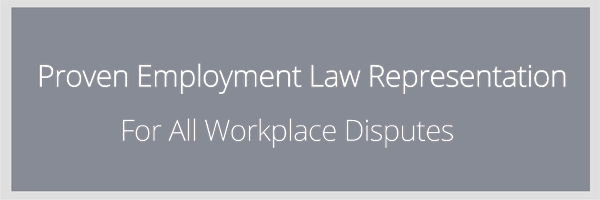On Thursday, January 26, the U.S. Court of Appeals for the Second Circuit heard oral argument in the case of Anita Eisenhauer v. Culinary Institute of America, a case involving claims under the federal and state equal pay acts. The panel members were Judge Debra Ann Livingston, Senior Judge Pierre N. Leval, and Senior Judge Jose A. Cabranes.
The Warshawsky Law Firm represents Chef Eisenhauer, who has been a faculty member at CIA since 2002, and who alleges that she is paid less than a similarly-situated male colleague, despite having six years seniority, teaching a wider variety of culinary classes, having the exact same college degrees, and progressing through each academic rank (from Lecturing Instructor up to Professor) earlier than the comparator. Under the Equal Pay Act, employers are required to pay employees of the opposite sex the same amount for doing the same (or substantially the same) work, unless the pay disparity is justified on the grounds of (i) seniority, (ii) merit, (iii) productivity, or (iv) “any other factor other than sex.”
In this case, CIA relied on the catch-all “factor other than sex” defense, arguing that the difference in starting salaries – the comparator received a higher starting salary when he was hired in 2008 – coupled with the “purely formulaic” application of the college’s gender-neutral compensation plan justified the pay disparity. Chef Eisenhauer argued that differences in pay today cannot be justified by different starting salaries 15-20 years ago, because the ongoing pay disparity does not reflect any ongoing differences in their qualifications, experience, job responsibilities, or job performance, which is the focus of the Equal Pay Act. Several federal courts of appeals, including the 6th Circuit, 7th Circuit, and 11th Circuit have recognized the dubious nature of the “starting salary” argument, which can defeat the very purpose of the Equal Pay Act: equal pay for equal work. Unfortunately, the district court agreed with CIA and granted the college’s motion for summary judgment, which prompted this appeal.
Steven M. Warshawsky argued the appeal for Chef Eisenhauer. The EEOC filed an amicus brief and argued in support of Chef Eisenhauer’s appeal (focusing on the framework for proving an EPA claim and the use of a single comparator to establish a prima facie case). The panel was quite active and interested in the factual and legal issues raised in the case, asking the lawyers for both sides many questions and posing various hypotheticals. Oral argument, which had been scheduled for 30 minutes, lasted approximately one hour. The panel did not indicate which way they will decide the appeal, which is teed up for an important precedential decision in this area of the law.
The appeal garnered legal media attention, including a substantial piece in Bloomberg Law and several posts on Law360 (behind paywall).
Update:
On October 17, 2023, the Second Circuit issued its decision, affirming the lower court’s ruling with respect to the federal EPA claim, but vacating and remanding with respect to the state EPA claim. Although we did not succeed under federal law, we are gratified that Chef Eisenhauer has a new opportunity to prove her case under state law, which we will pursue zealously on her behalf.



